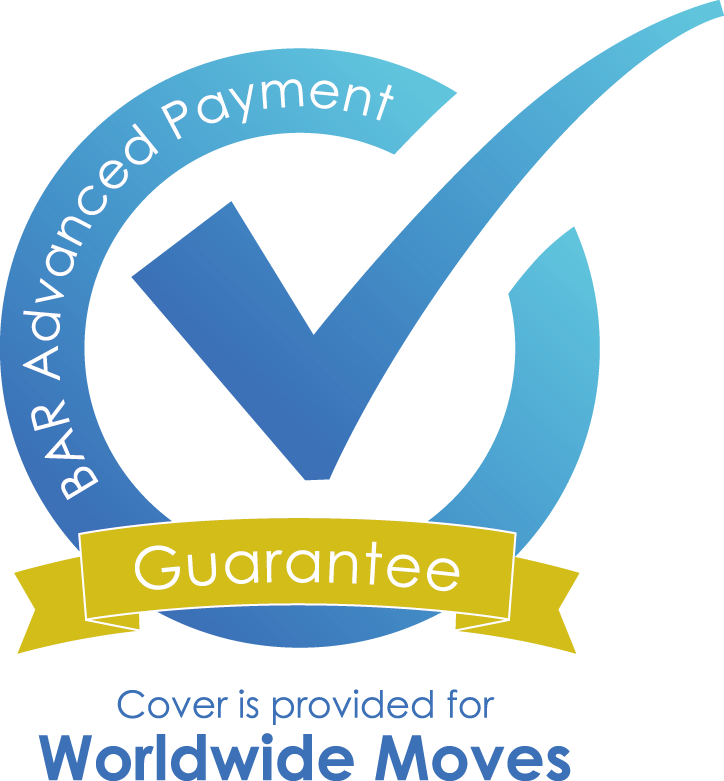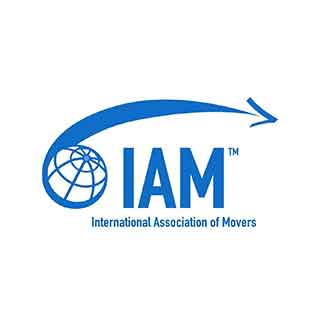Latest news from Eurogroup
What to Consider Before you Move Abroad for Work
12th September 2023
This blog explores the highlights and challenges of moving abroad for work. Whether you are considering an international career for personal growth or professional development, we have lots of advice for you! Keep reading to discover the advantages of moving abroad for work and how to prepare for your move.
Benefits of Moving Abroad for Work
Moving abroad for work can be a great experience, benefitting both your personal and professional life. Let’s explore some of the most significant advantages of taking the leap and embracing a new chapter in a foreign country.
Independence and Confidence
Living and working in a new country provides an experience you cannot get anywhere else. As you embrace your new life, you become more versatile, open-minded, independent and confident. From learning to understand street signs to navigating local markets in a new language, you will learn new skills. You will also gain confidence in practical skills such as managing finances; you become more conscious of your spending habits, learning to prioritise expenses and plan for the future effectively.
New Friendships
Whilst living abroad, there will be plenty of opportunities to make new friends. You will be able to interact with the people you work with from a range of diverse backgrounds. These friends will help you settle into your new home and introduce you to everything the area has to offer. The experience from these relationships provides a broader perspective, enabling you to navigate your new home confidently. These connections will create a sense of belonging and support in your new home away from home.
Professional Opportunites
Your new job position isn’t just about a change of scenery – it’s a way to demonstrate your adaptability and resilience. With businesses becoming more globalised, international experience is a great way to develop your skills. Your decision to work abroad positions you as someone that can navigate new business landscapes and bridge cultural gaps. You may also have the opportunity to take advantage of untapped markets or learn things about your industry that you didn’t know before.
Experiencing New Culture
Spend your free time immersing yourself in architecture, art, music, fashion and food; even parts of your everyday life will be completely different! Tuning yourself into the locals is a great way to learn about the culture and get the most out of your new home.
Living abroad opens up endless travel opportunities; When you live abroad, every weekend can transform into a mini-holiday. Within a short span, you can travel from the buzz of vibrant cities to the tranquil coast. Venture into charming towns and quaint countryside, where you can enjoy the beauty of nature. Neighbouring countries may even be a short journey away, offering diverse cultures and landscapes to explore.
Preparing for your move
Documents
Moving abroad for work is an exciting and life-changing experience that requires lots of preparation. Here’s a list of essential documents you’ll need to have before starting your journey:
1. Passport:
Your passport is your primary identification document when travelling. Before you plan to move abroad for work, ensure that your passport is up-to-date and valid for at least six months beyond your intended stay in the destination country. If your passport is about to expire or needs to meet the validity requirements, apply for a new one well in advance.
2. Visas:
You need to get the correct visa before moving abroad for work. Different countries have varying requirements based on your nationality, the type of work you’ll be doing, and the length of your stay. Research the specific visa category that suits your situation, and begin the application process as early as possible, as it can sometimes be very long.
3. Proof of Employment / Work Contracts:
Many countries require proof of employment or a valid work contract before granting a work visa. Make sure you have all the correct documentation from your employer that outlines the terms of your employment, such as your job title, salary and working hours.
4. Proof of Income:
Some countries might ask for proof of your financial stability to ensure that you can support yourself during your stay. This could include bank statements, pay stubs, or a letter verifying your employer’s income.
5. Declaration of No Criminal Records:
Before you move abroad for work, you need to provide a declaration or certificate stating that you have no criminal record. This document is usually obtained from your home country’s police or law enforcement authorities. Remember that getting this certificate can take time, so initiate it early to avoid delays in your visa application.
Research
Researching the area you are interested in, how much it costs to live there, and the main queries you have before moving is a great place to start. We have listed 6 places to start your research:
1. Research the Cost of Living:
Before you set foot in your new country, it’s important to research the cost of living. The cost of housing, food, transportation, healthcare, and other essential expenses can vary significantly from country to country and even within different regions of the same country. Websites, expat forums, and cost-of-living calculators can provide you with more information about the cost of living; understanding this will help you create a realistic budget.
2. How Easy It Is to Move to a Country:
The ease of moving to a particular country can affect your budgeting decisions. Some countries have strict visa processes and support systems for ex-pats, while others may have restrictions like language barriers. It is a good idea to consider the visa application fees, work permit processing times, and any other legal requirements that may have associated costs.
3. Finding the Right City or Area Near Your Job:
When moving abroad for work, finding the right city or area near your job is crucial. While major cities might offer more job opportunities and things to do, they can also come with a higher cost of living. On the other hand, smaller towns or suburbs may be more affordable but have fewer job options or limited services. Consider factors such as housing costs, transportation accessibility, distance to your workplace, and the availability of essentials when choosing your new location.
4. Housing Costs and Options:
Housing will likely be one of your most significant expenses, so consider your options. Research rental prices and property costs in different neighbourhoods. Consider whether it’s more cost-effective to rent or buy property based on your expected duration of stay. Remember that some countries may have different rental practices, such as deposits, so prepare your budget accordingly.
5. Taxes and Financial Planning:
Understand the tax regulations in your new country and how they may affect your income and expenses. Some countries have different tax rates or incentives for ex-pats, while others may have complex tax systems. If you need help understanding something, speak to a financial advisor or consult with a tax professional to ensure you comply with all tax obligations.
6. Health Insurance and Healthcare Costs:
Healthcare expenses can vary significantly from country to country. Research the healthcare system in your new destination and the cost of health insurance. Some countries offer public healthcare options, while others require private health insurance. Factor these expenses into your budget to ensure you are covered.
Remember…
Moving abroad for work is an incredible opportunity for personal and professional growth. You can ensure a successful and financially sound transition to your new home through research and careful budgeting. Remember to remain adaptable and open to adjusting your budget as you settle into your new life abroad. Embrace the journey and make the most of the exciting experiences that lie ahead.
If you’re considering moving abroad for work, contact one of our team members today for advice and information on our services.
Did you know that we also offer Office Removals? If you’re relocating your business, we can help you out!





